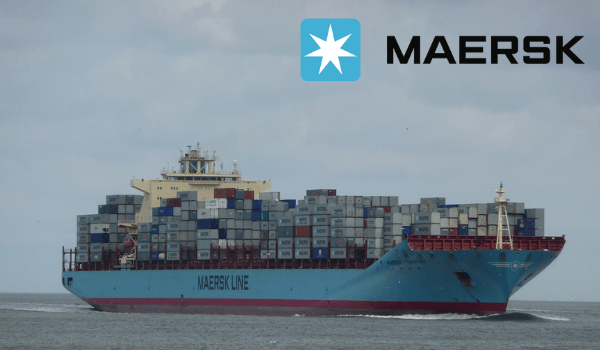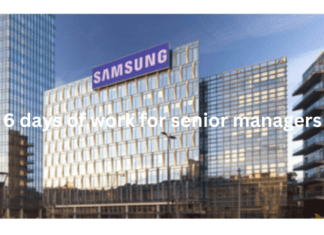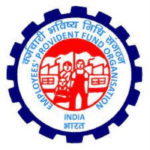The logistics and supply-chain industry is one that continues to be as relevant in the modern world as in the ancient past. The key components of the business include freight transportation, warehousing, material handling, inventory control and so on. Traditionally, the industry is considered to be a male- dominated space because of the perceived nature of the job. Women’s representation in the field was as low as five per cent in 2016, which made it one of the few industries of the modern world where women were represented in single digits. Since then, the ratio has improved slightly, standing at 15 per cent in 2020.
However, leading integrated container logistics company, Maersk, claims that the ratio for them stands at 26 per cent in India. In conversation with HRKatha, Katyayani Krishna, HR head- South Asia, Maersk, shares that the Company has specifically focused on improving the number of women in the workforce for a long time, and plans on taking this further into the future. Krishna says, “Our gender diversity ratio has usually been the double the logistics’ market’s average ratio. Having a more diverse workspace gives us an edge in the competitive market, in terms of talent. We are able to attract quality talent because of our diverse hiring practices and inclusive workspace,” she reveals.
Developing a more gender-diverse workforce in a traditionally male-dominated space, comes with its challenges. However, Maersk has implemented specific strategies to raise the number of women talent they hire. Krishna highlights that finding gender-diverse talent in the logistics sector is difficult due to the traditional disparity in participation. Hence, they have to make extra efforts to find people who fit well.
Talent acquisition process
For Maersk, improving gender diversity is more about increasing inclusivity in the workplace. “People focus so much on diversity, yet the journey is not much about diversity but more about inclusiveness,” she says.
“Our gender diversity ratio has usually been the double the logistics’ market’s average ratio. Having a more diverse workspace gives us an edge in the competitive market, in terms of talent”
Katyayani Krishna, HR head- South Asia, Maersk
The first stage of hiring, talent acquisition, is naturally targeted foremost by the Company to facilitate diverse hiring. Krishna details that Maersk introduced greater premiums on referrals for candidates coming from a diverse background. Therefore, an employee referring a candidate from a diverse background for a job would get a greater financial premium if the talent fits for the position. Further, Krishna elaborates that, in order to function without bias, hiring managers at Maersk need to undergo specific training to counter their unconscious biases.
“We start by trying to make the talent-acquisition process more focused on inclusion. All hiring managers have to go through two trainings, ‘Beating the bias’ and ‘License to recruit’. The combination of the two helps to eliminate any bias from the process of recruitment.
Promotion of diversity and inclusivity
Further, in line with developing a more inclusive environment within the Company, Maersk has formed a team called MIX Network which is led by Male Ally (a senior male leader) and is constituted of employees from different functions who together to facilitate its various inclusivity initiatives. The team members join the team voluntarily and help organise different activities that promote a more diverse and inclusive workspace.
In a bid to make the workspace more inclusive of women reentering professional space, Maersk has also launched Back2Work program as a key initiative of their D&I agenda. It is a career transition programme for women professionals who have taken a break of 6 months or more for any reason (due to lifecycle, personal or any other reason), and wish to re-enter the professional space are given an opportunity to work with the company. The programme provides opportunities for such women to take on flexi-hour assignments with Maersk in India. Later on, these women are also considered for full-time roles on the basis their interest and role availability.
Panel discussion and theatre workshops
Krishna mentions that the Company recently had a panel discussion about unconscious bias, where the leaders in the IBS (India, Bangladesh & Sri Lanka) area came together and shared their own personal and recently-discovered biases, with the workforce. Further, an online theatre workshop was also organised with the primary goal of uncovering the unconscious bias that any employee may have. This was just one of several activities organised by the team on similar lines.
Pride-themed container
Maersk is also working on inclusion of more people from the LGBTQ community in its workforce. It regularly undertakes different initiatives to improve the community’s representation. One of the more interesting concepts that Maersk has come up with is the introduction of a Pride-themed shipping container. “The one-of-a kind container, which dons the pride colours, travels around the world onboard our ships. Right now, it is in Copenhagen and I hope it will soon reach India,” she says proudly.
Inclusion survey
Krishna also talks about an inclusion survey that the company conducted recently. “The inclusion survey is primarily an engagement survey, which helps us listen to our people. The survey had various parameters to assess the comfort level of employees in their workspaces. We hope to discover some key areas to work upon and improve in the near future with the survey,” she said.
Value our content... contribute towards our growth. Even a small contribution a month would be of great help for us.
Since eight years, we have been serving the industry through daily news and stories. Our content is free for all and we plan to keep it that way.
Support HRKatha. Pay Here (All it takes is a minute)





































Great initiative